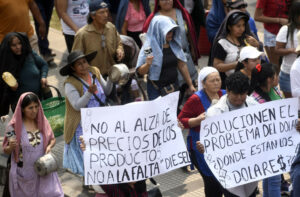
Bolivia’s Economy on the Brink
The country is at risk of a currency crisis as the government keeps a fixed exchange rate with no international reserves to support it.

REACTION: Bolivia’s Failed Coup Attempt and What It Means
The army’s commander, Juan José Zúñiga, tried to seize power before backing down.
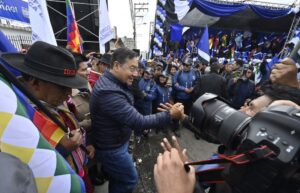
In Bolivia, an “Intense” Battle Between Arce and Morales
The struggle between President Arce and Evo Morales for control of the MAS party is consuming national politics and jeopardizing the economy.
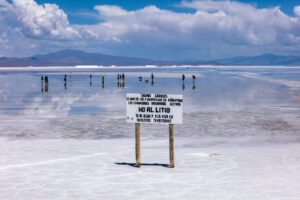
Latin America’s Lithium Sands Are Shifting
Argentina and Bolivia hope to surpass Chile as a long-awaited lithium boom gains speed.

AQ Podcast | Bolivia: The Return of Evo Morales?
The longtime president wants to run again in 2025. What does it mean for the Andean nation?
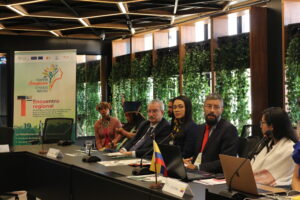
Can Amazon Basin Presidents Find Consensus on Protecting the Forest?
AQ talked to Kleber Karipuna, member of the organizing committee of the OTCA presidential summit, on the challenges facing the region—from crime to carbon markets.
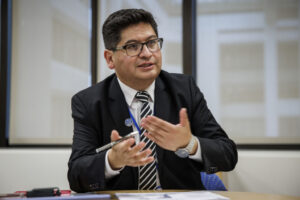
Bolivia’s Faded Star
Finance Minister Marcelo Montenegro received accolades for an impressive pandemic recovery, but his recent missteps may have exacerbated Bolivia’s crisis of uncertainty.
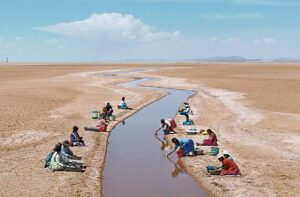
The Intergenerational Heartbreak of Bolivia’s Urbanization
Alejandro Loayza Grisi’s “Utama” looks at the human side of environmental crisis in the Bolivian highlands.

The “Bolivian Schindler” Who Saved Thousands of Jews—Then Faced Imprisonment
A new book details how mining titan Moritz “Mauricio” Hochschild helped Jews escape the Nazis in Bolivia, only to be scapegoated himself.

Is Bolivia the Next Nicaragua?
The arrest of opposition leader Luis Fernando Camacho has set off protests and raised worries about the political process in the country.
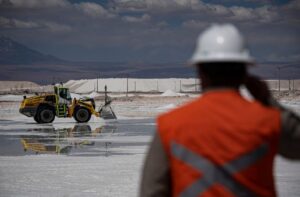
For Latin America, Will Booming Lithium Bring Competition—or Collaboration?
Increasing global demand for the mineral could benefit countries with the world’s largest reserves.
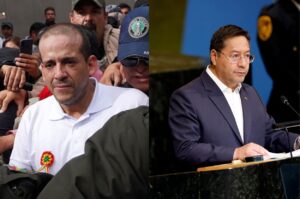
A Clash Over a Census Reflects a Bolivia in Flux
As Bolivia’s political and economic capitals face off again, eastward migration is changing the country’s politics.
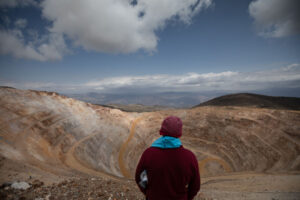
At Risk: The Future of “Extractivism” in Colombia and the Andes
A regional roundup on how a fragile consensus around mining and oil exploration seems to be fraying
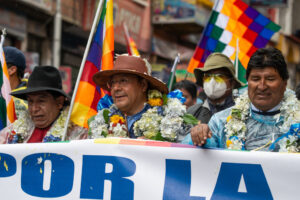
A New Reality for the MAS in Bolivia
Once hegemonic, the ruling party is now merely dominant. Here’s what that means for the country’s politics.

Latin America: Not as Polarized as You Think
Deep ideological divisions among voters have been the norm across the region for decades, not the exception.


